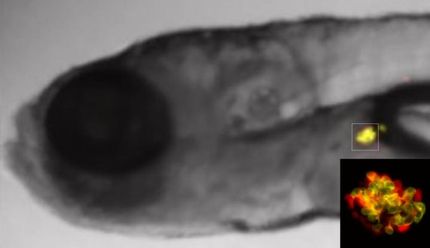Diabetes researchers find faster way to create insulin-producing cells
Advertisement
University of British Columbia, in collaboration with BetaLogics Venture, a division of Janssen Research & Development, LLC, has published a study highlighting a protocol to convert stem cells into insulin-producing cells. The new procedure could be an important step in the fight against Type 1 diabetes.
The protocol can turn stem cells into reliable, insulin-producing cells in about six weeks, far quicker than the four months it took using previous methods.
"We are a step closer to having an unlimited supply of insulin-producing cells to treat patents with Type 1 diabetes," says Timothy Kieffer who led the research and is a professor in UBC's Department of Cellular and Physiological Sciences and the Department of Surgery.
The protocol transforms stem cells into insulin-secreting pancreatic cells via a cell-culture method. The conversion is completed after the cells are transplanted into a host.
"We have not yet made fully functional cells in a dish, but we are very close," says Kieffer. "The cells we make in the lab produce insulin, but are still immature and need the transplant host to complete the transformation into fully functioning cells."
An important next step for UBC researchers and their industry collaborators is to determine how to prevent the insulin-producing cells' from being rejected by the body.
























































